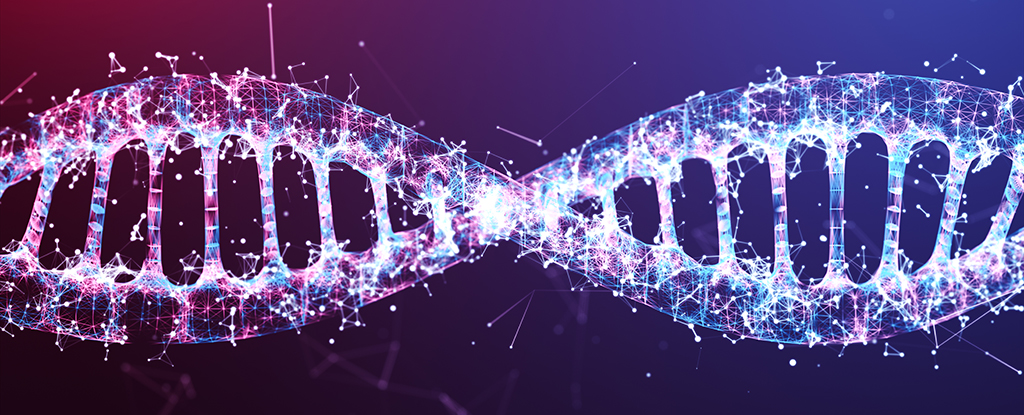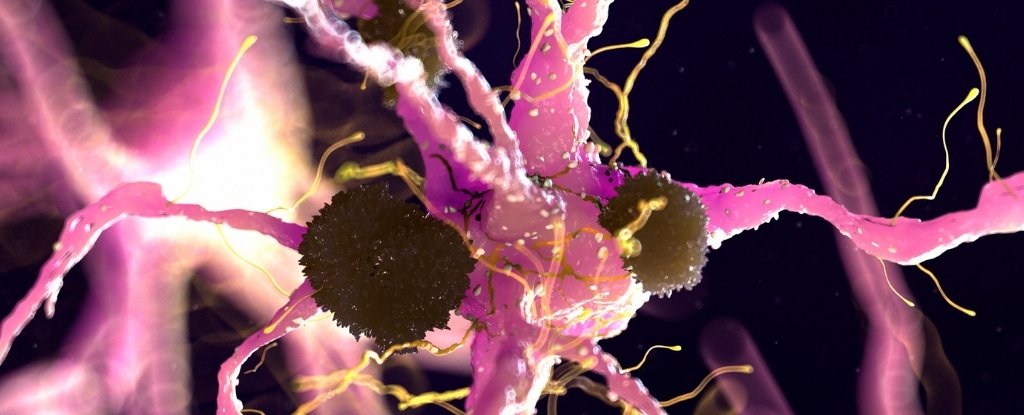We don’t have a cure for Parkinson’s disease yet, but a recently discovered mutation in mitochondrial DNA that seems to protect the body against the condition could one day point the way to one.
Discovered in a small protein called SHLP2, the genetic variant is relatively rare – found in just 1 percent of Europeans. Yet an analysis of the health records of 16,167 people led by researchers from the University of Southern California (USC) suggests the number of Parkinson’s cases among people with the mutation is half what would normally be expected.
It’s not clear yet exactly why this is happening, or indeed if the variation in SHLP2 is solely responsible for the lower risk of Parkinson’s, but the hope is that further study of the mutation could lead to new treatments for the disease.
“Our data highlights the biological effects of a particular gene variant and the potential molecular mechanisms by which this mutation may reduce the risk for Parkinson’s disease,” says gerontologist Su-Jeong Kim, from USC.
SHLP2 is what’s known as a mitochondrial microprotein, which means it derives from the tiny power supplies inside most cells known as mitochondria. Malfunctions in the mitochondria recycling process are thought to be part of the reason Parkinson’s is able to take hold in the brain.
Previous research has linked SHLP2 with protection against diseases that become more common as we get older – like cancer – and SHLP2 levels are known to rise as Parkinson’s develops in the body.
That suggests SHLP2 could play a role in the immune system’s fight against Parkinson’s, with the genetic mutation identified in this study potentially making the microprotein more stable.
Using a chemical analysis technique called mass spectrometry, the researchers were able to see how this increased stability changed the behavior of SHLP2, enabling it to more effectively control enzymes previously linked to healthy bodily function.
“These findings may guide the development of therapies and provide a roadmap for understanding other mutations found in mitochondrial microproteins,” says Kim.
Mitochondria have their own set of DNA instructions, separate from the rest of the cell’s DNA, and the team behind this new study is keen to see more studies that investigate the effects certain changes in the microproteins might have on our health.
For now, it’s another important discovery concerning Parkinson’s disease and the different conditions that make it more or less likely to develop – vital in identifying the disorder’s cause as well as in finding a cure.
“This study advances our understanding of why people might get Parkinson’s and how we might develop new therapies for this devastating disease,” says gerontologist Pinchas Cohen, from USC.
The research has been published in Molecular Psychiatry.





